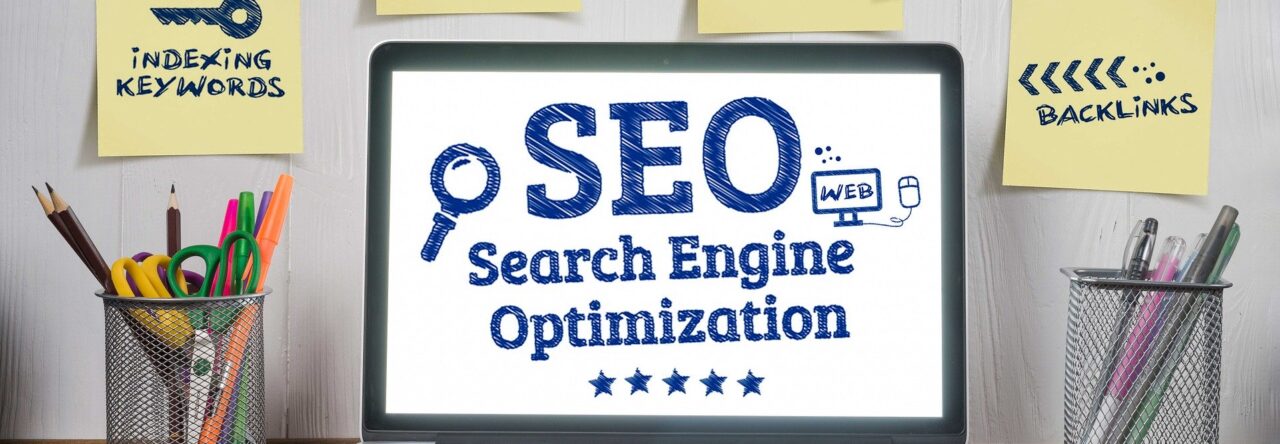SEO Optimalisatie: Key Strategies for Website Growth
July 10, 2025In 2025, SEO optimalisatie is more important than ever. As search engines become more sophisticated, it’s essential to keep up with the latest strategies to maintain and improve your website’s visibility. From content optimization to building a strong backlink profile, the SEO landscape continues to evolve, and it’s crucial for marketers, bloggers, and SEO professionals to stay ahead of the game. This article explores key SEO strategies that are effective in 2025 and offers actionable tips to help you grow your website’s traffic and rankings.
1. On-Page SEO: The Foundation of SEO Success
On-page SEO remains a core component of website optimization. While many factors contribute to ranking, on-page SEO focuses on optimizing individual pages for specific keywords and user experience. Here are the key elements to focus on in 2025:
Content Optimization for User Intent
User intent has become a major factor in search engine rankings. Google’s algorithms, including BERT and MUM, are designed to understand the context and meaning behind search queries. In 2025, it’s not enough to just optimize for keywords; you must optimize for user intent as well.
Tip: When creating content, think about the questions your target audience is asking and provide comprehensive answers. Avoid thin, generic content and focus on creating content that adds real value and insight.
Semantic SEO and Natural Language Processing
The shift from exact-match keywords to semantic search means that keyword optimization should focus more on topics rather than just individual words. Semantic SEO refers to optimizing for related terms and context.
Tip: Use tools like Google’s Natural Language API to discover related terms and phrases that complement your main keyword. Create content that answers a wide range of relevant questions within your niche.
Structured Data and Schema Markup
In 2025, schema markup and structured data continue to play a vital role in SEO. By marking up your content with schema, you help search engines understand the context of your content and improve the chances of appearing in rich snippets.
Tip: Implement schema markup for your articles, reviews, product pages, and other types of content to enhance visibility in search results and improve click-through rates.
2. Off-Page SEO: Building Authority and Trust
Off-page SEO refers to actions taken outside your website to improve its rankings. It primarily involves building backlinks, but in 2025, it’s more about building authority and trust through ethical practices.
Quality Over Quantity in Backlink Building
Backlinks are still an important ranking factor in 2025, but the focus has shifted from the sheer quantity of links to the quality and relevance of those links. Google’s algorithms now value authoritative and trustworthy sites over link farms and irrelevant backlinks.
Tip: Focus on acquiring backlinks from high-quality websites in your industry. Guest posting, partnerships, and influencer outreach are great ways to build high-authority backlinks that improve your site’s credibility.
Social Signals and Brand Mentions
Google has increasingly incorporated social signals into its ranking algorithm. While direct social shares don’t count as traditional backlinks, a strong social media presence helps boost your website’s credibility and brand awareness.
Tip: Engage with your audience on social platforms, share valuable content, and encourage others to mention your brand. Brand mentions—whether linked or not—are also taken into account when building your site’s authority.
3. User Experience (UX): A Critical Ranking Factor
In 2025, Google’s Core Web Vitals and other UX signals play a significant role in determining search rankings. A website’s user experience is now a ranking factor, which means your website needs to be optimized for speed, usability, and overall satisfaction.
Core Web Vitals and Page Speed
Core Web Vitals, including metrics like Largest Contentful Paint (LCP), First Input Delay (FID), and Cumulative Layout Shift (CLS), directly impact SEO rankings. Websites that load slowly or are difficult to navigate experience higher bounce rates and lower rankings.
Tip: Regularly check your site’s Core Web Vitals and make adjustments to improve page load speed. Compress images, minify CSS and JavaScript, and use browser caching to speed up your site.

Mobile-First Indexing
With mobile-first indexing, Google primarily uses the mobile version of your website for ranking and indexing. Since mobile web traffic continues to rise, having a mobile-friendly website is essential.
Tip: Ensure your website is fully responsive and optimized for mobile. Check that your site is easy to navigate, quick to load, and visually appealing on smaller screens.
4. EEAT: Expertise, Authoritativeness, and Trustworthiness
EEAT (Experience, Expertise, Authoritativeness, and Trustworthiness) is a framework Google uses to assess the credibility of a website. Websites that demonstrate high EEAT are more likely to rank well in 2025, especially in competitive and sensitive industries like health, finance, and law.
Expertise and Trustworthiness in Content
Google places high value on content that is written by experts or reviewed by credible authorities. Demonstrating your expertise through well-researched content and showing your audience that you are a trusted source can improve your rankings.
Tip: Feature author bios with credentials, include citations to authoritative sources, and ensure your content is accurate and up-to-date.
Building Authoritative Backlinks
Backlinks from reputable, authoritative websites continue to be a major ranking signal. The more trusted sites link to your content, the more likely it is that Google will consider your website an authority in your niche.
Tip: Earn backlinks by creating valuable content that others want to reference, collaborate with authoritative influencers, and engage in guest posting on high-quality websites in your industry.
5. Outdated SEO Techniques to Avoid in 2025
As SEO evolves, certain techniques that once worked well are now outdated and potentially harmful. It’s important to avoid these outdated practices to maintain a healthy SEO strategy.
Keyword Stuffing
Keyword stuffing—cramming a page with excessive keywords to rank higher—was once a common practice. However, Google’s algorithms now penalize this tactic, favoring natural, conversational language instead.
Tip: Focus on creating content that naturally incorporates relevant keywords. Avoid over-optimization and keyword stuffing.
Low-Quality Link Building
Using low-quality link building strategies such as buying links or participating in link farms will only hurt your SEO efforts. Google now focuses on rewarding quality backlinks from authoritative and relevant sources.
Tip: Focus on earning natural, high-quality backlinks through content marketing, outreach, and relationship-building with influencers.
Duplicate Content
In the past, content scraping and copying were used to generate large volumes of content. However, Google now penalizes duplicate content and rewards unique, original content.
Tip: Always create original content and avoid copying from other sources. If you do reference other sites, ensure you add your own insights and value to the conversation.
6. Summary: Key Takeaways for SEO Success in 2025
SEO optimalisatie in 2025 requires a balanced approach that includes both on-page and off-page strategies. Here’s a quick checklist of the most important techniques to focus on:
- Content Optimization: Focus on user intent, create high-quality, authoritative content, and use semantic SEO techniques.
- Backlink Building: Build high-quality, relevant backlinks from authoritative websites.
- Mobile-First Indexing: Ensure your website is optimized for mobile users with fast load times.
- User Experience (UX): Optimize Core Web Vitals, improve page speed, and focus on usability.
- EEAT: Demonstrate expertise, authority, and trustworthiness in your content.
- Avoid Outdated Techniques: Stop using practices like keyword stuffing, low-quality link building, and duplicate content.
By implementing these strategies, you’ll be well-equipped to grow your website’s traffic, improve its rankings, and establish it as a trusted authority in your niche.
Meta Description (150-160 words):
Learn the key SEO optimalisatie strategies for website growth in 2025. Discover effective on-page and off-page techniques, including content optimization, mobile-first indexing, EEAT, and backlink building. Stay ahead of outdated practices like keyword stuffing and low-quality link building. Whether you’re a blogger, marketer, or SEO professional, this guide offers actionable tips to improve your website’s rankings and traffic.



